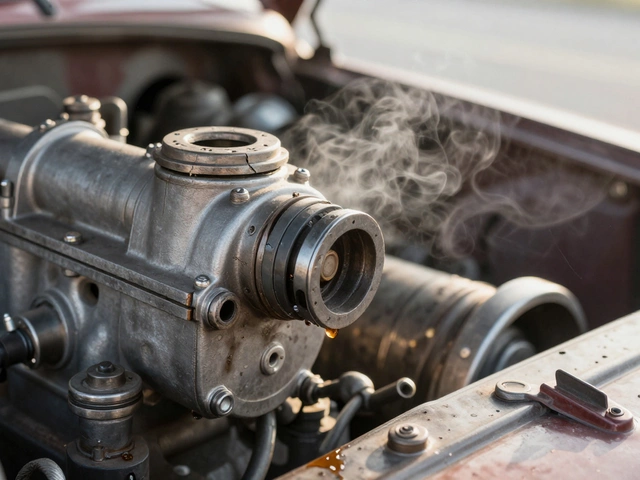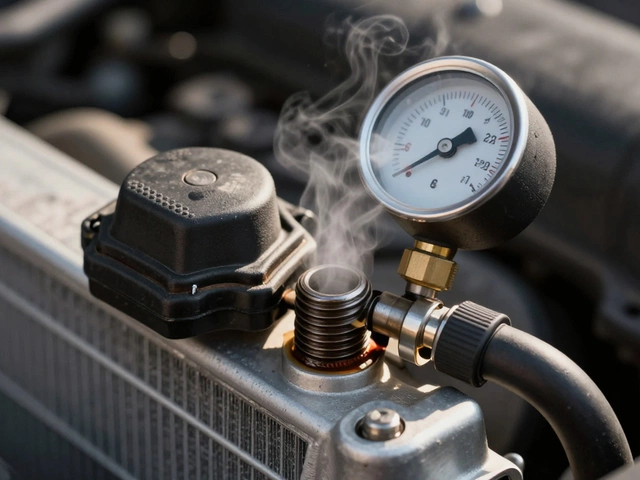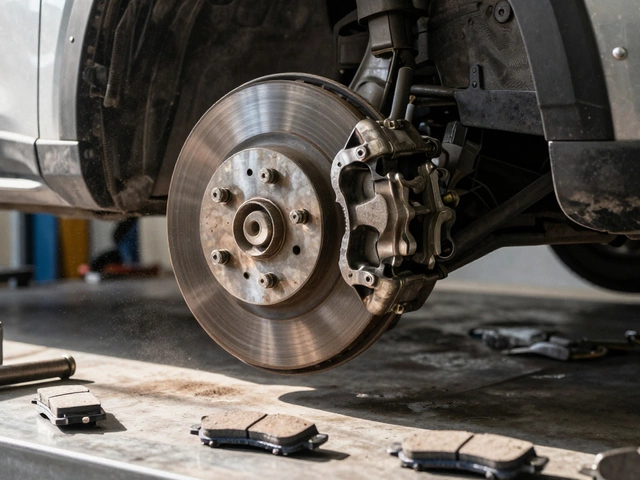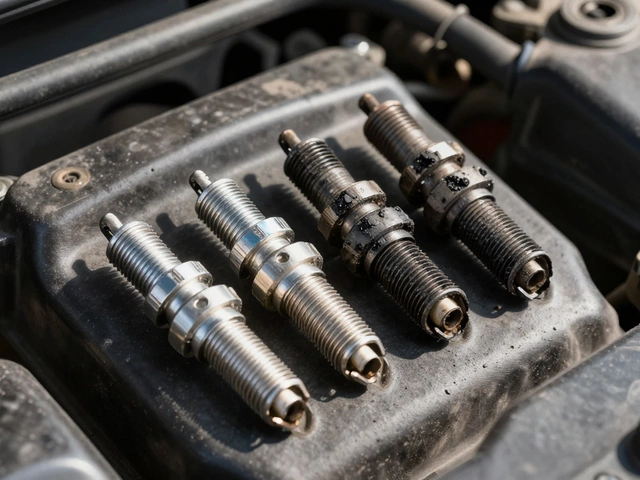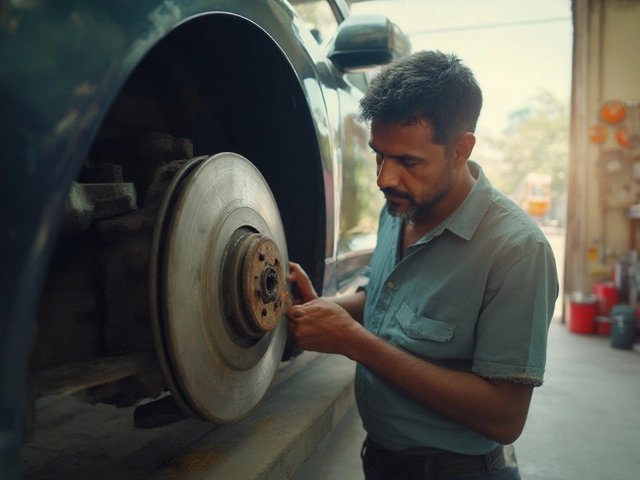Signs of a Dirty Filter and How to Fix Them
Ever wonder why your car feels sluggish or why the engine sounds off? One of the simplest culprits is a dirty filter. Whether it’s the air filter, fuel filter, or cabin filter, each plays a big role in keeping the engine and interior running smoothly. Ignoring them can lead to higher fuel use, reduced power, and expensive repairs. Below we break down the most common clues that tell you your filter needs attention.
Air Filter Red Flags
The air filter keeps dust, pollen, and debris out of the combustion chamber. When it gets clogged, you’ll notice a few clear symptoms:
- Loss of power: Acceleration feels sluggish, especially on hills.
- Rough idle: The engine shakes or stalls at a stop.
- Reduced fuel efficiency: Your gas mileage drops noticeably.
- Unusual engine noises: A whistling or sucking sound may appear.
If any of these sound familiar, pop the hood and check the air filter box. A clean filter looks white or off‑white; a dirty one is dark and speckled. Replacing it is usually a quick 5‑minute job.
Fuel Filter Warning Signs
The fuel filter blocks contaminants from reaching the injector. A blocked fuel filter can starve the engine of clean fuel, leading to:
- Hard starts: Turning the key feels like a fight.
- Engine sputtering: The car jerks or stalls under load.
- Check engine light: Many modern cars flag fuel flow problems.
- Drop in power: Even at cruising speed, the vehicle can feel weak.
Most manufacturers recommend checking the fuel filter every 20,000‑30,000 miles, but if you notice these issues sooner, swap it out. A fresh fuel filter restores steady pressure and smooth performance.
Beyond these two, don’t forget the cabin filter. A dirty cabin filter won’t hurt the engine, but it can affect your comfort:
- Weak airflow from vents: The AC or heater seems less effective.
- Unpleasant odors: Musty or smoky smells linger inside.
- Allergy symptoms: You may sneeze more often while driving.
Replacing the cabin filter is usually a simple slide‑in task and can be done without tools.
So, how do you keep filters clean in the first place? Here are a few quick habits:
- Drive on paved roads when possible – dusty gravel speeds up filter wear.
- Check your owner’s manual for the recommended filter change interval.
- Inspect filters visually during routine oil changes or tire rotations.
- Use a high‑quality filter that matches your vehicle’s specs; cheap ones clog faster.
Remember, a clean filter is one of the cheapest ways to protect engine health, improve fuel economy, and keep the cabin fresh. Next time you notice any of the symptoms above, grab the appropriate filter and give your car the breath of fresh air it deserves.

AC Air Filter Bad? How to Spot the Signs Fast
Not sure if your AC air filter needs changing? Small problems with your filter can quickly turn into costly headaches for your system and your health. This article breaks down the telltale signs of a bad air filter, from weak airflow to unexpected utility bills. You'll also learn why ignoring this small fix can lead to big trouble. Discover the surprisingly simple checks you can do at home before calling for help.
CONTINUE READING
